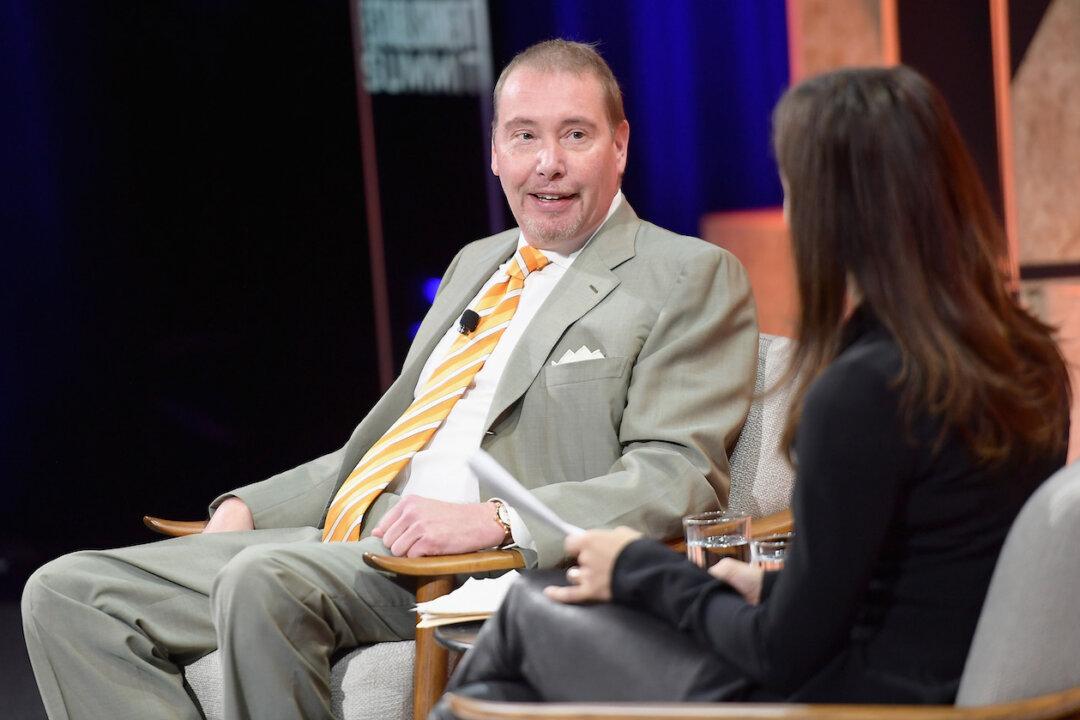Noted billionaire bond investor Jeffrey Gundlach warned this week during an interview that the United States could face a “large, multi-generational reset” after the 2024 election.
Speaking to former Fox News host Tucker Carlson for his X show, Mr. Gundlach disputed some claims that the Federal Reserve would lower interest rates in the coming months to help get President Joe Biden reelected.





